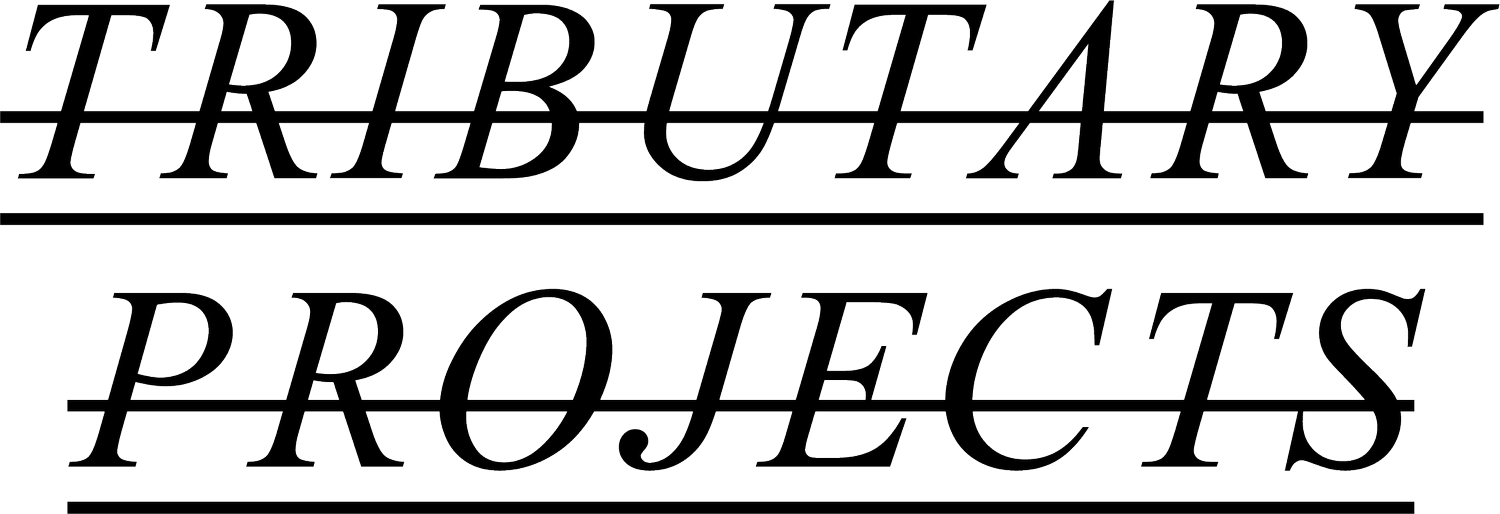Heavy water, fundamental in nuclear processes, is used to create a suitable environment for specific chemical reactions to occur. It is an environment, a situation, a site which allows for the formation of something new. Heavy Water is a site, not only in a physical sense* but also in a theoretical, conceptual, communal, practical and creative sense. Heavy Water is a site for the formation, discussion, exploration and dissemination of ideas and writing. Heavy Water nurtures a supporting environment so that new ideas might have a chance to form. Our publishing project explores publication as a medium and art-form in its own right. Publishing offers artists, thinkers, writers and readers a mode of sharing and accessing ideas beyond the constraints of time and place. Heavy Water takes a multidisciplinary approach to publishing as discussion, art, record and performance to explore how we interact with the wider conversation of art and ideas.
*Geographically, however, we’re nestled into a studio at Tributary Projects, Fyshwick - come by and say hello.
Heavy Water is available at Tributary Projects or by contacting the gallery.
If you’d like to submit something to us for consideration drop us a line at heavywater@tributaryprojects.xyz
Volume 1
Edited by Connor Drum, contributions from Alex Hobba and Madalyn Trewin.
HEAVY WATER VOL. 1 - EDITORIAL NOTE
This is the first issue of HEAVY WATER, Tributary Projects’ journal of creative writing. This issue includes poetry written by Alexandra Hobba and Madalyn Trewin, two Canberran poets whose work has appeared regularly in Canberra mainly in the context of exhibitions.
In both Alexandra’s and Madalyn’s work, I find a clear echo of the particular kind of freedom we hope to offer in everything Tributary Projects does - that is, a sense of the possibility (the threat?) that comes from willing immersion in that which is strange. Of breathing in water, only to find that you can breathe water as if it were the cleanest air. You may find yourself repelled, uninterested or confused; as your breath runs out, you find the space you had lived in previously contracting around you, until the thin void that sits between your oxygen and the alien starts to tremble; your throat constricts; you hold tighter to the barely-sufficient air in your lungs; filled with dread, you breathe in; and that dread, that unwillingness to give away the vacuum separating you from the Real melts into a new calmness, a new sense of purpose, a new feeling of the fundamental immanence of the world.
We thank you for reading HEAVY WATER, and hope that you’ll be back for the next issue.
This volume was produced on Ngunnawal land, and we acknowledge that sovereignty was never ceded. Always was, always will be.
Connor Drum
Editor
Volume 2 - Body
Edited by Ruby Rossiter, contributions from Ruby Rotten and Esther Carlin.
HEAVY WATER VOL. 2 - EDITORIAL NOTE
I sit down to read each of these texts - and you know
what? This might be one of my favourite things about
books: the gentle way they ask us to do something
specific with our bodies. More often than not propping
ourselves up with ourselves - elbow, hand, chin - body
vs. gravity.
My first time I reading Esther’s piece, we sit opposite one
another outside a café, on one end of a shared table. We
crane our necks and twist around on the bench seats so
that we can both read from the laptop screen. We mirror
each other a bit, drink our coffee.
I start Ruby’s text in a waiting room, legs crossed, head
down, reading from my phone. Giggling at the taxidermy
part I suddenly come back to my body - sitting alone in
a public space - take a moment to glance around, see
who noticed, switch the cross of my legs. I finish reading
Ruby’s text sitting up in bed: classic reading body,
romanticised, idyllic.
Perhaps you find these two texts provide a reflective
surface - mind-self looking at body-self - or maybe they
take you out of your body for some time. Reader’s body,
patiently idle: folded, propped, flopped.
Ruby Rossiter
Editor
Heavy Water Vol. 2
Volume 3 - gossip
Edited by Ruby Rossiter, contributions from Nick Dean and Tom Campbell.
HEAVY WATER VOL. 3 - EDITORIAL NOTE
Gossip gossip: I know you know - flippant, feminized, US-teen-movie-type chit chat, barely concealed jealousy, distaste, competitiveness. But, past the pop-culture clichés, now I wanna talk: what's the creative potential of gossip? How can the format of gossip be used? The two texts in this edition of Heavy Water both get within earshot of this:
Until now, Nick Dean’s work has only existed in the liminal space of word-of-mouth: deliberately untraceable. That is, gossip as dissemination method, where gossip-information survives in a cloud-like network-based source of information, kept alive through its perpetuation while flying under the radar, unrecorded, untraceable.
Tom Campbell’s text whispers about aspects, aesthetics and modes of gossip and shows the glimmering speculative potential for gossip as imagination. Gossip and potentiality: where gossip spans the divide between fact and fiction, between a recording/mapping of real life [live oral histories] and an inferred [read between the lines, listen to the tone] or speculative prediction of the future.
So, go on, tell everyone you know. This is worth talking about.
Ruby Rossiter
Editor, Heavy Water Vol. 3






